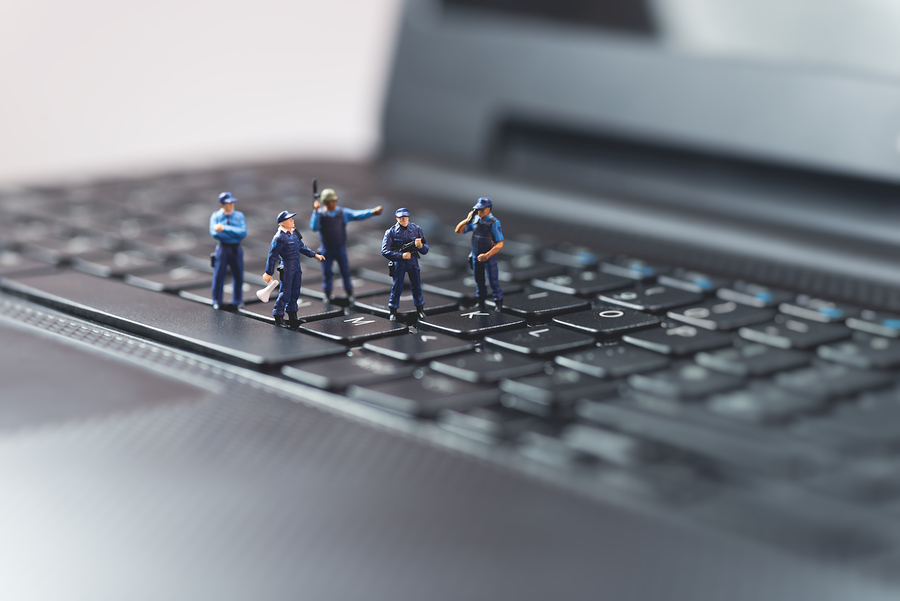What to do if an online account has been hacked
Despite being careful, sometimes our passwords can fall into the wrong hands and our online accounts are hacked.
For most of us, we don’t even know we’ve been compromised until a friend or family member asks why they are receiving weird messages from our email address or Facebook account. If it ever happens to you, here’s what to do to get your online security back on track.
- Notice the signs – Often if an account has been hacked or compromised it will infect your computer with a virus or start sending out messages to your contact list on your behalf. If you notice anything unusual or someone tells you they’ve received a dodgy message, don’t ignore it – the sooner you discover your online account has been hacked the sooner you can secure it again.
- Inform your friends – Let your friends know by messaging them using an account that isn’t the one that has been hacked, or ask someone else to do it for you. Viruses work by infecting your computer and then tricking others into opening the virus or downloading it as well.
- Report it – If you use an email service like Gmail, AOL or Yahoo, you should be able to report that your account has been compromised. If you are unable to log in, most email services have a process for helping return your email account to your possession.
- Change your passwords – Sometimes when our emails are hacked it is just the first step in a larger scam to take control of more valuable accounts that may hold your financial details on record. Because our emails are so often linked to our other online accounts, having access to your inbox makes it easier for hackers to steal or change other passwords as well. Take inventory of all your online accounts and change your passwords; use a different password for each account and make sure it’s not something someone could guess, like your name, address or birthdate. A combination of letters and numbers is best.
- Think about Amazon – Accounts like eBay, Amazon, iTunes and other online retailers use your email address as your log in. And though these accounts use very sophisticated security measures to keep your banking details secure, using a hacked email address they can potentially access them and circumvent these measures. Be sure to think of your Amazon and iTunes accounts and consider changing the email address you use to log in with so hackers can’t gain access there as well.
- Run anti-virus software – If you have an anti-virus software on your computer, it’s worthwhile turning this on and running it to be sure nothing else has potentially infected your computer. Viruses are sophisticated enough to track keystrokes and keep hold of data like passwords and credit card numbers, so it’s always good to be sure.
- Use two emails – One of the simplest ways to increase your online security when you have been hacked is to change your email address. Many people feel reluctant to do this in case they lose touch with friends or colleagues. If you have used the same email for years and don’t want to change it, consider using this for personal letters and messages only, then setting up a second email with a completely different password that you can use for other activities online like logins and making purchases.
Has your email or online account ever been hacked?
Rachel - Silversurfers Assistant Editor
Latest posts by Rachel - Silversurfers Assistant Editor (see all)
- Easter activities for grandchildren - March 31, 2025
- Songs about Mum for Mothering Sunday - March 26, 2025
- The best of Diana Ross - March 25, 2025
- Elton John’s Greatest Hits Playlist - March 24, 2025
- Find love with Silversurfers Dating - March 20, 2025




















